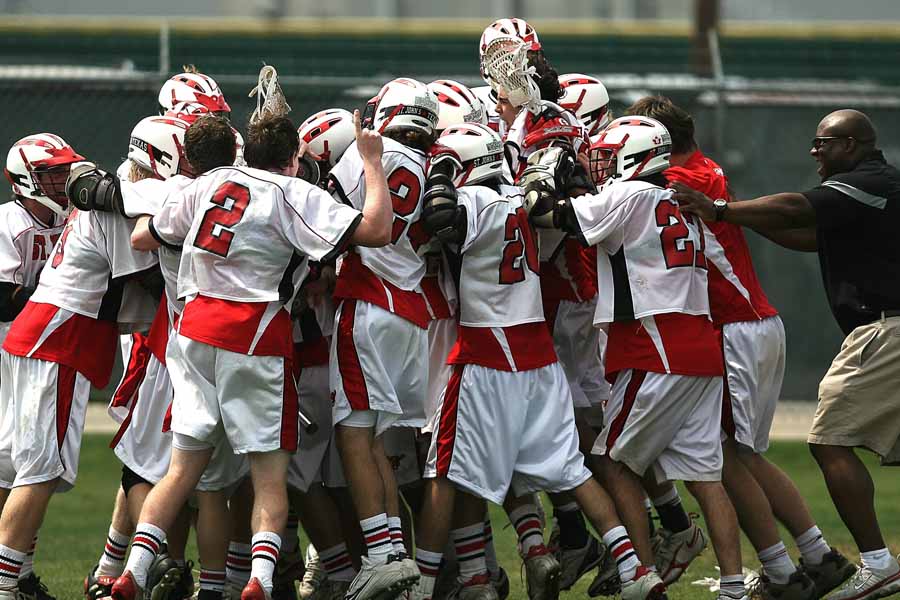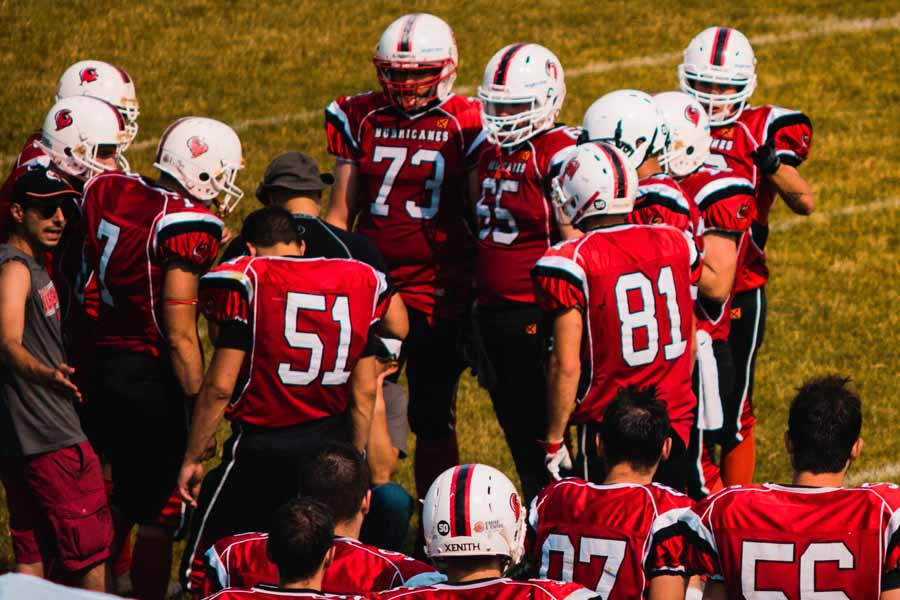A: During the recruiting process, college coaches are evaluating hundreds of thousands of athletes across the country. Your job as prospects and families of prospective student-athletes is to also do your research and evaluations of the coaches and programs who are recruiting you! Not every school is created equal, and not ever coach is a great role model, teacher or mentor.
Ultimately, you should base your decision on a combination of four factors – Academics, University Community/Town, Athletic Department and the Specific Team you’ll be playing for. Coaches come and go, so it’s important that the other three factors are also a “fit” for you. Your coach my resign or be fired after Signing Day, and there is a tiny chance you may never play for them! The National Letter of Intent is binding for that university, not to that coach – so make sure you’re not basing your decision 100% on the head coach or assistant coach you’ll be playing for.
Over the years I have had the experience of working under over 70 successful coaches, including many Division I coaches. Across every level and in any sport, great coaches have several of the same characteristics. Of course, no coach is perfect, but this checklist can help you separate the good coaches from the great ones!
20 CHARACTERISTICS OF SUCCESSFUL COLLEGE COACHES:
– They demand perfection in everything that you do, even off-the-field
– They understand that winning is the only thing that they will be judged on and can balance game preparations, strategy and player development with other job requirements that don’t necessarily effect wins and losses
– They learn from every coach they have worked for and keep everything that has been passed down to them
– They are good communicators
– They aren’t caught off guard
– They demand discipline and are building a team that can be disciplined from within
– They can win versus ranked opponents
– Their teams fight back when down
– They know how to motivate their players and are trusted by their team
– They have faith and passion in their plan, staff and players
– They know how to move on after losses and setbacks
– Their players are accountable
– They are great teachers and are able to simplify the gameplan
– They demand that their players respect the program and the honor of being a college athlete
– Their practices are tough
– They have strong relationships with other coaches across the sport at every level (high school, college and pros)
– They expect you to graduate
– They are prepared for the next step
– They enjoy the process
– They know how to manage a staff




